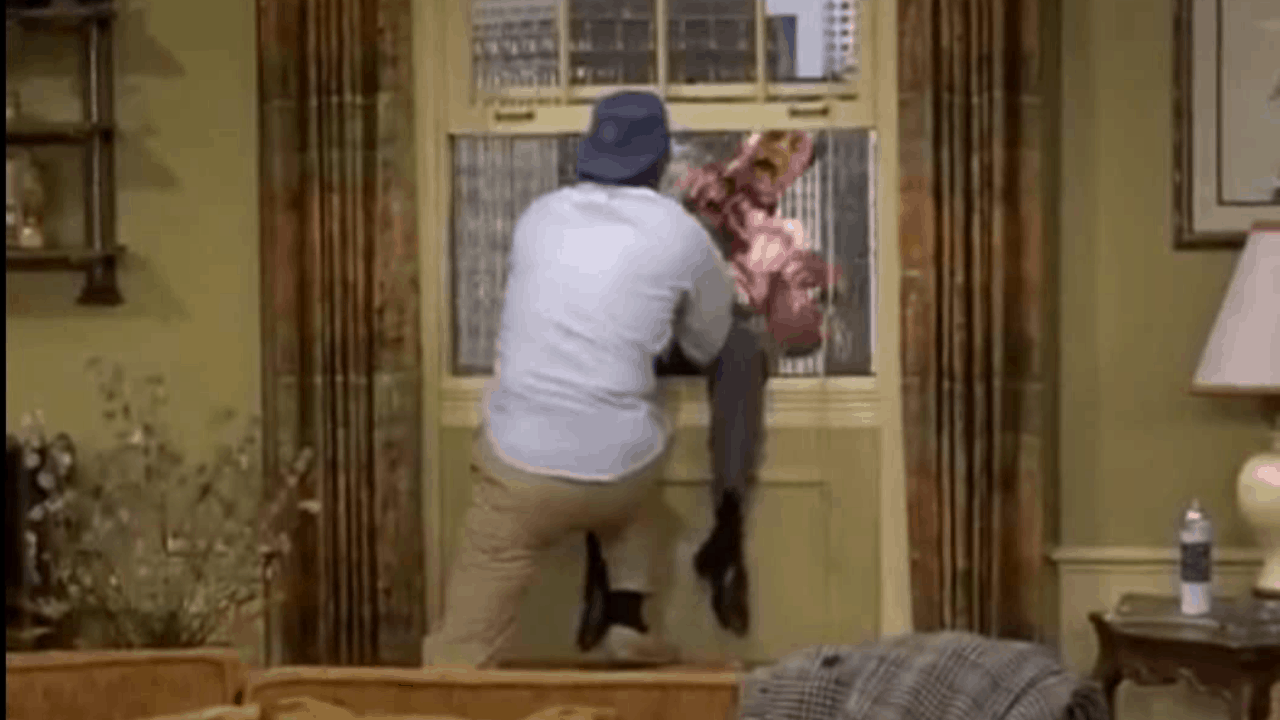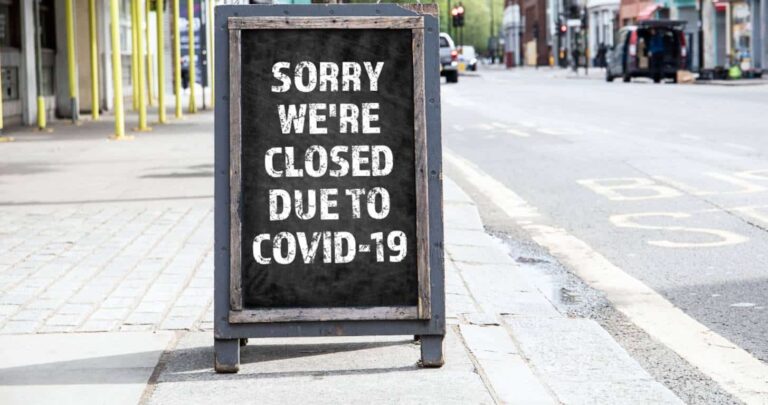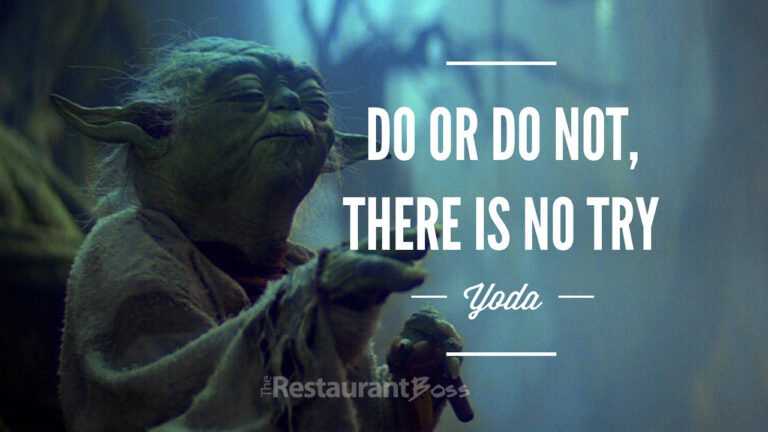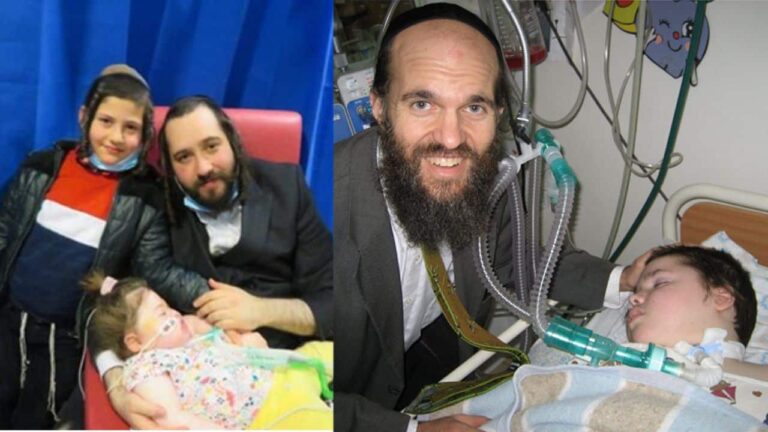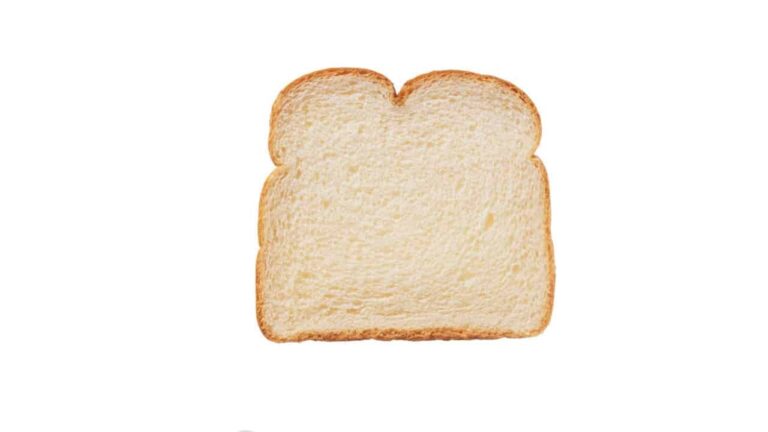Devar Torah for Parshas Ki Savo 5781
Thank You!
I grew up watching the television show The Odd Couple, and one of the funniest episodes, “You Saved My Life” is directly connected to this week’s Torah reading of Ki Savo.
The parsha begins with the commandment for each person to bring the first fruits of the season to the Holy Temple in Jerusalem. As the farmers travelled, people in the villages would stop what they were doing to great them, sing with them, and escort them a bit to the next village, where this would be repeated. In Jerusalem, the farmer would present his basket to the Priest in the Holy Temple, and then a long text was read – it is the same text that is read at the Passover Seder – in which the whole history of the Jews’ descent to and Exodus from Egypt is described, and then finally thanks is offered to G-d for being able to bring these fruits.
In short, the Torah is showing us how to offer thanks. It is not just a quick, “thanks!”. It isn’t even a more involved, “Thank you very much!”
It is a recognition of all the good that the benefactor bestowed upon the recipient. An internalization of this good. And perhaps a realization that the good cannot be fully repaid.

That was the problem that Felix Unger had in Jan 21, 1972, when the episode “You Saved My Life” first aired. Felix was cleaning the windows and nearly fell to his death. His roommate Oscar Madison saved him. Felix felt indebted to him, and during the next 20 minutes or so tried to repay him. The writers of the show had Felix go “overboard” in his thanks, and had Oscar feel very uncomfortable with all the appreciation that was being showered on him. The episode ends with life getting back to normal, and in typical “sitcom” fashion, the incident is never mentioned again in future episodes.
Contrast this with some other ideas of thanks. Rabbi Paysach Krohn tells a story in which a gentile patient dies in the hospital and the doctors try to resuscitate him, but quickly give up and walk away. One Jewish doctor (we’ll call him Doctor Rosen) doesn’t give up and continues to work on the patient for quite some time until he is revived. The wife of this patient meets the doctor and offers thanks: Doctor, when my husband gets up in the morning, I will say “Thank you Dr. Rosen.” And when he plays with his children, I will say, “Thank you Dr. Rosen.” She went on to describe several scenarios, all of which she realized that her husband would be able to do them because of the tireless work of Dr. Rosen.
In The Odd Couple, the character eventually gives up on offering thanks. But what we really should do is closer to the second story: Internalize the kindness that was done, realize how it effects so many aspects of our lives, and then show thanks in a meaningful way.
Unfortunately, many people today feel entitled, so that when someone does a kindness for them, they have no thanks to offer. If they do happen to offer thanks, they will give a quick “Thanks!” and feel that they have completely filled their so-called obligation.
My Rabbi tells a story about a Jew who experienced a miraculous rescue from a dangerous situation, and decided he would offer thanks to G-d by funding a free-loan society or an improvement to his synagogue. He went to his Rabbi to ask him which one he should fund, but his Rabbi told him, “Do not do either!” This was because if the man were to go through with his plans, he would feel that he had fulfilled his obligation to “thank G-d” and would not feel obligated to thank G-d for this rescue ever again.
One last story: Nearly 20 years ago, my neighbor allowed my Rabbi and his family to use their otherwise empty apartment every Shabbos. This was a tremendous help for our fledgling congregation as the Rabbi still lived in Jerusalem, and we could not afford to buy or rent him an apartment in our neighborhood. After two years we had a fund-raising dinner and wanted to honor this family. The modest wife declined the honor, but my Rabbi insisted, emphasizing, “It is not that we need you to accept this honor, but we are obligated to honor and thank you for all you have done, so please allow us to do it in this way.” She acquiesced.
So what should have happened in The Odd Couple? While it was funny to watch, Felix was acting properly by offering thanks – with boneless chicken dishes, whimsical songs, and other actions – to his savior Oscar (though giving thanks sometimes means doing what the other person wants, and not doing what you think he wants). But in the next episode, Oscar could have asked Felix, “Could you help me with this task?” Felix could have responded (either aloud or to himself), “I wouldn’t normally help him, but he saved my life, so I want to acknowledge the good he did for me and do a kindness back for him.”
There are only a few lines in this week’s Torah reading showing how to give thanks, but there are literally volumes of works written on this topic. We have only scratched the surface.
But giving thanks is so important that our religion is named after this concept. How so? The word “Judaism” comes from Judah (the fourth of the 12 tribes. “Yehuda” in Hebrew), and the root of “Yehudah” is “To give thanks” – as in Todah, which is “thank you” in Hebrew!
So to be a good Jew, you need to learn how to properly give thanks!

